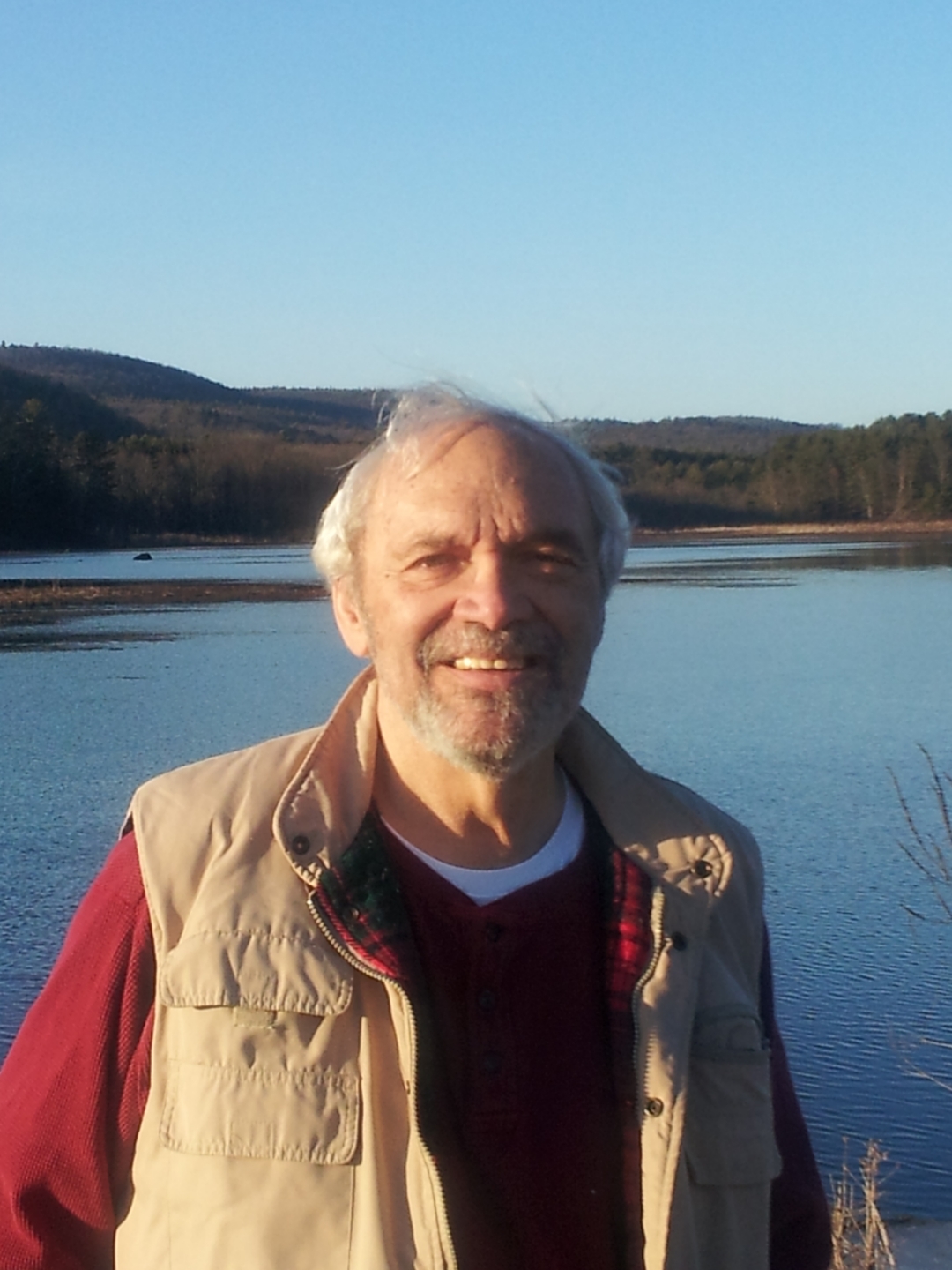How to use force.
I couldn't believe what I was reading. Nearly three decades ago, I wrote an editorial for The Times Herald-Record in Middletown about the grand jury ruling on Jimmy Lee Bruce's death: "Your son's death resulted because the police didn't know what they were doing, not because they intended to kill your son. Case closed. The system worked. Do you buy that?"
Yet today, the head of the largest police force in the country tells us that men and women going through New York City's Police Academy are not trained on how to talk to the public. Not taught how to de-escalate tense situations. Aren't instructed on how to properly use force.
How then are they supposed to do their job? Police work can be dangerous. Many officers handle it daily with sensitivity and professionalism. But justice, it would seem to me, would begin with preparing all officers to deal with what they are likely to encounter on the streets, not simply giving them firearms training. And certainly not arming them with military-grade weaponry that creates an us-versus-them situation. This can lead some police officers to forget that they, indeed, are also us.
To protect and serve is the mission of police. That must begin with a certain mindset. It astounds me that Bratton still has his job after his admission before the City Council. Not only did he say his officers aren't trained to deal with tense situations and how to properly use force, he actually asked for 1,000 more officers and $25 million for instructors and overtime to cover posts while patrol officers are receiving three days of annual training. If it were up to me, I'd provide the department with the money and the positions and get rid of the commissioner, who all of a sudden realizes he needs to change the "culture" of his department.
The pressures of policing in Ferguson, New York City and Middletown are different, but the answers are the same. Justice for all must begin with an emphasis on diversity in police recruiting, so that minority populations can feel they at least have a voice in their own protection. The diversity of the crowds demonstrating in response to the Garner case give credence to that. Justice also means providing the training Bratton acknowledges his officers need today -- the training the officers in Middletown needed on Dec. 13, 1986.
The outrage expressed by demonstrators over the grand-jury decision in the Garner case is magnified for me by having known the story of Jimmy Lee Bruce. Have we learned nothing in all that time? Should Jimmy Lee Bruce have reacted differently when confronted by police? Hindsight would suggest yes. The same goes for Eric Garner. But being rowdy in a movie theater, selling loose cigarettes and being confrontational with police are not capital crimes.(Note: You can view every article as one long page if you sign up as an Advocate Member, or higher).





